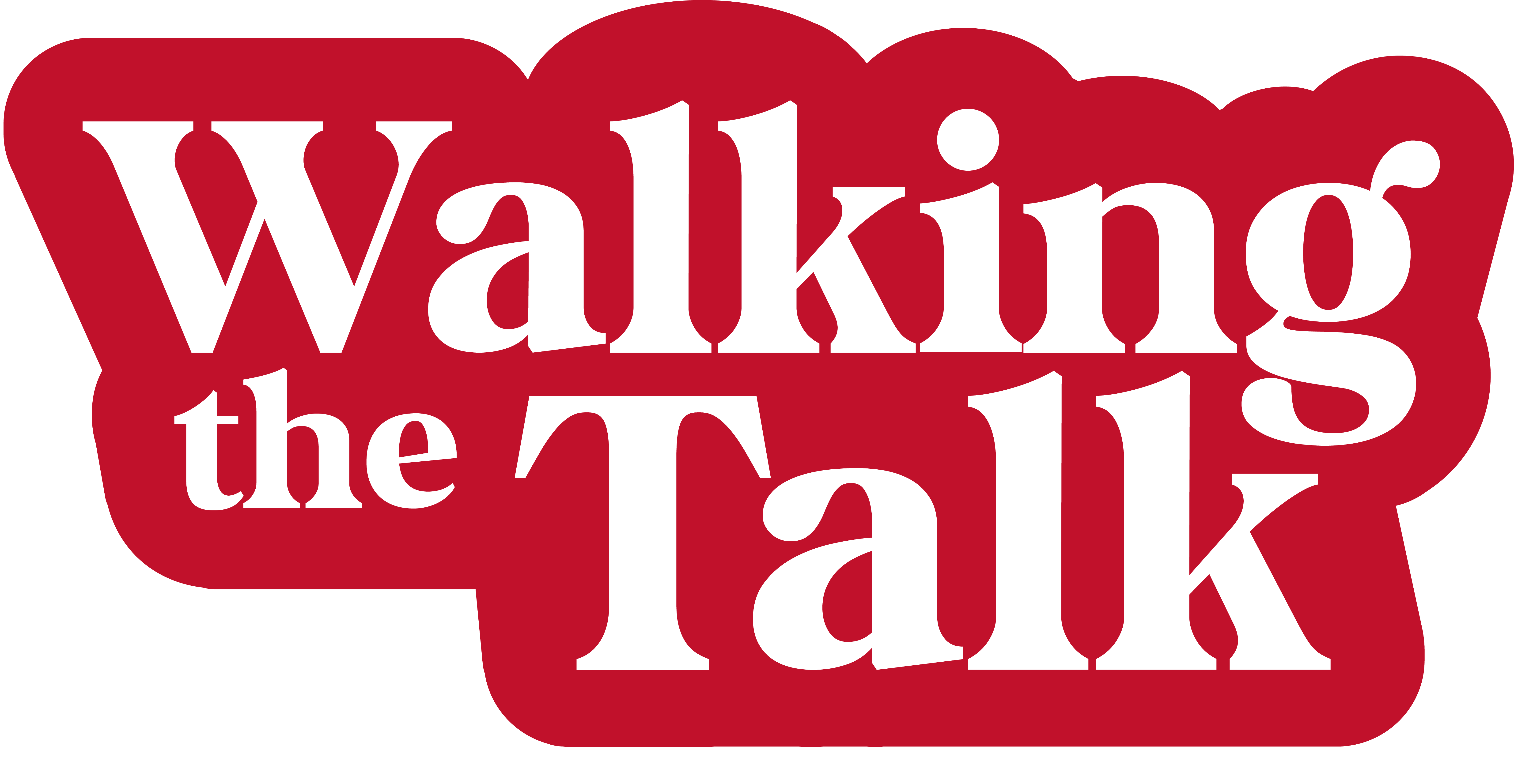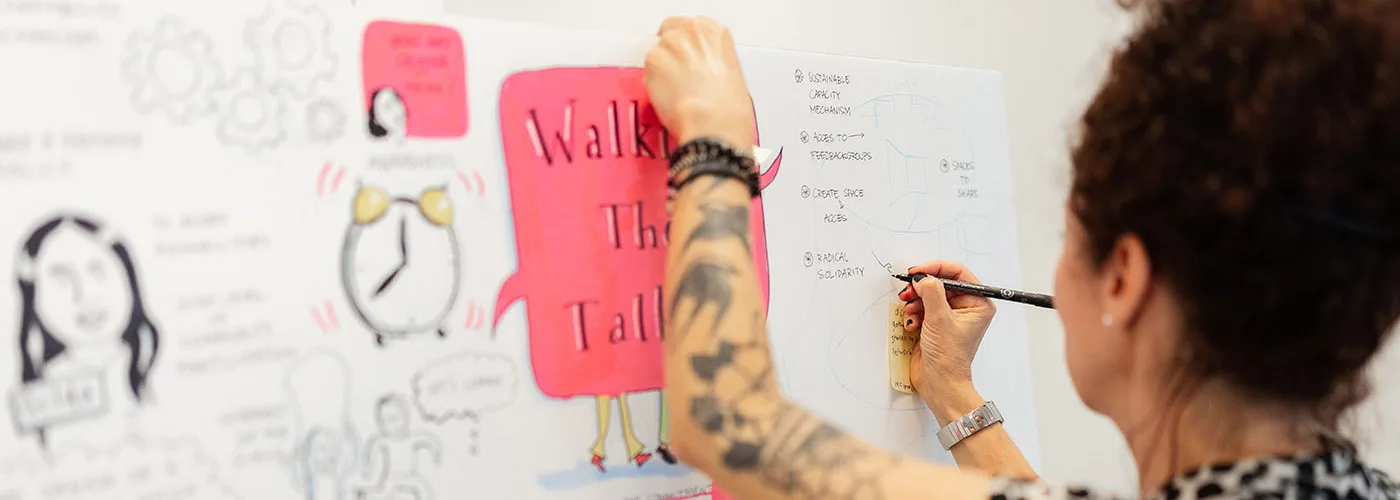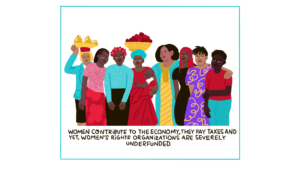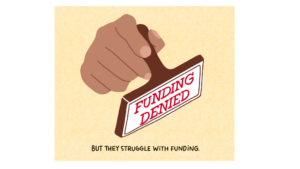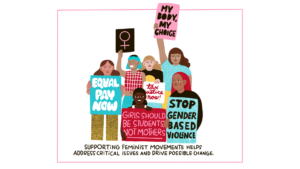Key information
Original title in French: L’écosystème de financement féministe en Afrique Centrale : État des lieux, défis et perspectives de transformation
Region: Central Africa
Countries: Cameroon, Chad and the Democratic Republic of Congo
Researchers: Vanessa Aboudi, Caroline Mveng, Guy Beaudry Jengu Jengu and Renée Nwoes
Advocacy summary
This study follows the work of analyzing public funding for women’s and feminist organizations worldwide. It is based on data collected in three Central African countries, namely Cameroon, Chad and the Democratic Republic of Congo (DRC), to highlight the specific challenges of the funding ecosystem in this sub-region. Based mainly on primary data from semi-structured interviews, this research analyses how feminist financing operates at national, regional and international levels. The researchers found that feminist funding depends principally on organizations relationships with public funders. Nationally, most funders focus on technical support while those with feminist foreign policies (FFP) do not implement the policy fully when funding local organizations. The paper concludes that improving the ecosystem is a shared responsibility between funders and feminist movements.
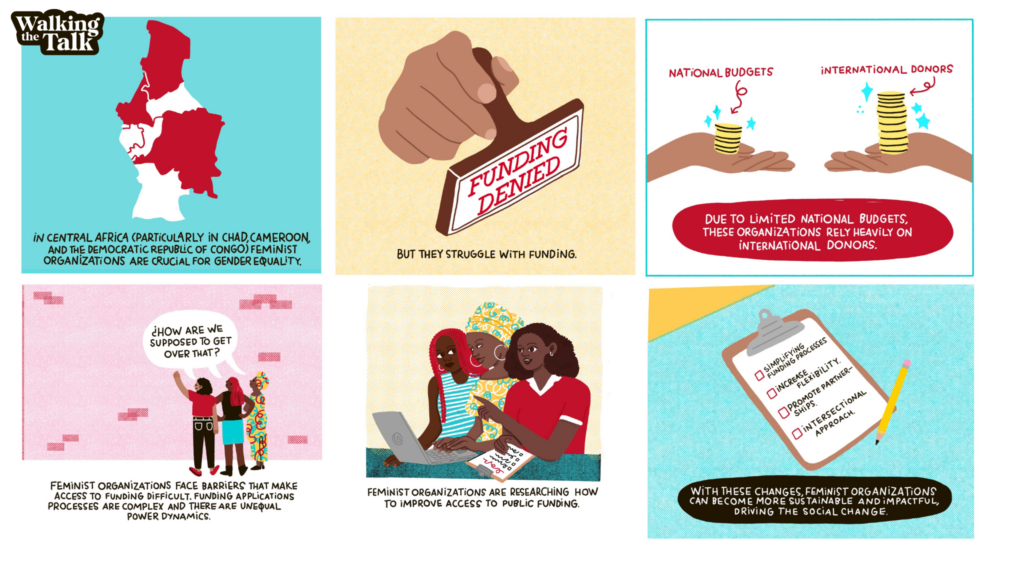
Recommendations
- Multilateral institutions, should adopt an inclusive approach to feminist funding, putting an end to discrimination against organizations based on the age of the leader or organization, the field of intervention and the geographical area. The abovementioned elements collectively constitute a multi-tiered filter that diminishes funding prospects for numerous organizations dedicated to women’s issues and feminist causes.
- For local governments, it is essential to cleanse the feminist public funding system, ridding it of corruption, favoritism, nepotism and other abuses that are sources of prejudice in the allocation and use of feminist funds.
- For local women’s and feminist organizations, it is imperative to continuously consolidate institutional and human capacities. The organizations should prioritize and facilitate the continuous professional development of members in areas such as financial management, project proposal development, and other relevant domains. This strategic investment will enhance their overall credibility and expertise.
Authors

Vanessa Aboudi
Vanessa Aboudi is president of the Association for Feminist Research in Central Africa (ARFAC), a feminist organization founded in 2024 that promotes the production, dissemination and appropriation of local knowledge on gender and feminism for more effective feminist activism. She is also a policy analyst in governance and democracy at the Nkafu Policy Institute, a Denis & Lenora Foretia Foundation think tank. With a keen passion for research, she is currently enrolled in a doctoral thesis in political science at the University of Yaoundé II, Cameroon. She is also the author/co-author of several scientific articles on gender and feminism in Cameroon and Central Africa.

Caroline Mveng
Caroline Mveng is a young African feminist activist and human rights defender living in Cameroon. She is an expert who has several years of experience in building feminist movements and promoting women’s and girls’ rights in Cameroon and Central Africa, as well as in issues related to gender equality, women’s empowerment and youth civic participation. She is passionate about transmitting and producing knowledge and works as a trainer, consultant and blogger. A founding member and current president of the Network of Young Feminists of Central Africa (REJEFEMAC), which brings together several organisations from Cameroon, Chad and the Democratic Republic of Congo, she is also the coordinator of the association “Elles Rayonnent Ensemble”, which fights for the visibility of African women and girls. Her work as a human rights defender has earned her the distinction of being named Cameroon’s 2019 Emerging Young Leader by the Denis & Lenora Foretia Foundation.

Guy Beaudry Jengu Jengu
Guy Beaudry Jengu Jengu is a doctoral student in Political Science and a researcher in governance and democracy at the Nkafu Policy Institute. He is also affiliated with ARFAC, where he researches gender and feminism in Central Africa. His research focuses on analyzing gender integration in spheres of power and gender dynamics in public policy in Central Africa. Furthermore, he has coordinated the research pole of the Institut du Genre en Géopolitique (IGG), a think tank based in France, and research for the United Nations Development Program (UNDP-Niger).

Renée Nwoes
Renée Nwoes is a passionate feminist activist and a recognized expert in women’s rights. She specializes in issues of gender equality, sexuality, women’s well-being and the care of women victims of violence in rural areas. Her research, conducted as part of a Master’s degree in clinical psychology, focuses on the reconstruction of identity after sexual violence, as well as access to safe abortion in contexts marked by discrimination and sexism. Her activism is particularly active and visible within REJEFEMAC, where she is a founding member and Regional Director, and within Wake Up Ladies Cameroon, an organization dedicated to the protection, empowerment and capacity-building of vulnerable girls and women, where she holds the position of Founder and Executive Director.
